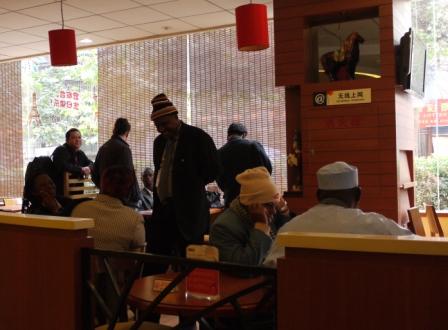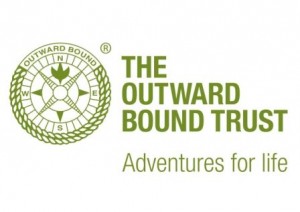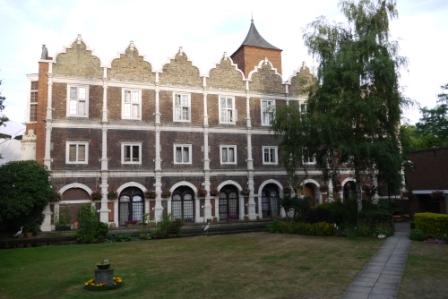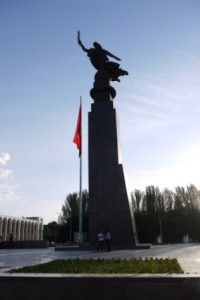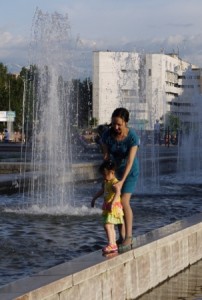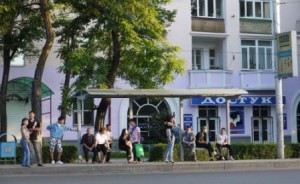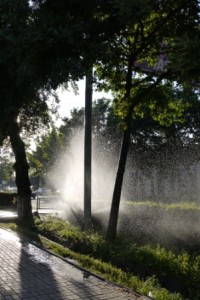“Reform is China’s second revolution” – Deng Xiaoping
China. A country under construction. Infrastructure. Offices. Shopping centres. Housing. The sheer scale astounding. A nation in the midst of an industrial revolution. Social change. Migration to the cities. Pace of change quite remarkable. Global recession seemingly no impediment.
Much has already been achieved. A lot remains to be done. The disparity between rural and urban brutally stark. Many in the countryside yet to see tangible benefits of change.
For the city dweller, a standard of living now much higher than in much of Central Asia, and swathes of Eastern Europe. At a cost, in real terms, far below that of many other nations. For the moment at least. House prices in the cities, home to over half of the population, rising rapidly, and the cost of food increasing ahead of general inflation.
Much more a consumerist society than a Communist country. But still a de-facto one party state. There is undoubtedly far greater openness, achieved in just a few decades. Nevertheless, the leadership remains intolerant of political debate, fearful of dissent. Exactly why isn’t openly discussed, making it difficult to judge.
In part it may be the very diversity of the nation, the desire for social cohesion at almost any cost, that stifles debate. A worry not without some foundation. Much smaller countries, and some rather larger entities like the Soviet Union, fracturing along ethnic or religious lines.
Whatever the reason, it remains that the real test of any political system is its ability to tolerate criticism, to accept alternative points of view. If you truly believe your model is the right one, why do you need to suppress discussion?
And the people? Exhibiting a friendliness towards strangers I’d first encountered in the Caucasus and Central Asia. Hugely tolerant of foreigners. Especially those whose grasp of Mandarin barely reaches double digits.
And the future for China? Still a developing nation, aspiring to take its place on the world stage. Overtures to Western nations, trade agreements with states big and small, securing exclusive access to commodities in Africa. First world membership likely to be determined, in part, by its ability to close the huge disparity between the urban and rural halves of the population. Whilst ensuring its hunger for resources, fuel for its industrial revolution, does not become a de-stabilising influence.


